Guest Blog: Reflections on Coalition Building
by Jonah Rothstein, Moishe House Jewish Education Retreats Manager
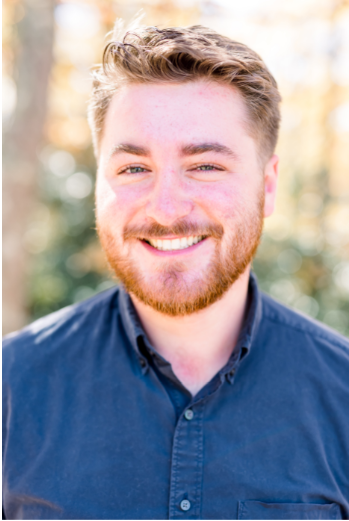
Jonah Rothstein
In November of last year, over 30 young Jewish leaders from around the country gathered at Leichtag Commons for a Moishe House learning retreat with a theme of coalition building: the process through which people and groups organize to achieve a common purpose. This was the first year we had a retreat on “Jewish coalition building” and it was born out of a need for young Jewish adults to have the knowledge, skills and resources to organize for a cause that they care about both within and outside the Jewish community.
Moishe House learning retreats are 48-hour immersive experiences designed to give participants practical tools and skills to create and enhance programs in their home communities. The impact of our retreats is most evident through observing how participants – young Jews in their mid-20s and early 30s – innovate their programming with their newfound knowledge.
It’s important to equip Jews in their mid-20s and early 30s with strategies for coalition building so that they can share implement them in their own programming.
Moishe House residents, Moishe House Without Walls hosts, and community members connected to the organization. One method of showcasing these tools and skills is through case studies. In San Diego, we have witnessed a number of models of coalitions that have been effective for achieving both short-term and long-term impactful changes.
During the retreat, we highlighted the San Diego Rapid Response Network (SDRRN), a coalition formed for the purpose of connecting immigrants and asylum seekers in immediate need of assistance to volunteers via Jewish Family Services (JFS). Kate Clark, Senior Director of Immigration Services at JFS, who was a part of the formation of SDRRN, shared her direct experience with forming this coalition with our participants during the retreat. Our proximity to the US-Mexico border allowed us to showcase a real coalition that works together on an issue that is extremely relevant today, that was built with significant support and effort from a Jewish communal organization.
This case study taught our participants that it is our responsibility as Jewish people and organizations to better our communities. JFS has long been a leader in providing services for immigrant families and asylum seekers in San Diego, collaborating with other nonprofits doing the same work to advance the cause together.
The relationship between the Leichtag Foundation and Moishe House sets the stage for other possible coalitions to form. Our partnership was created because of our shared purpose of inspiring Jewish life and action in meaningful ways. With our international headquarters at The Hive at Leichtag Commons, we also have the opportunity to partner with other organizations who have a presence here. Hosting retreats on Leichtag Commons is a unique way to showcase the thriving Jewish community where we work and live.
Since this was our first year of hosting a retreat centered around “Jewish coalition building,” we’re eager to see how the participants use these tools. At the end of our experience they had the opportunity to plan what a coalition might look like in their own community. Here are some takeaways to think about when planning yours:
- Ask questions. Coalitions are organized to address a need and achieve a shared purpose. Ask if there is an issue that would be better solved through a broad, networked response from many organizations in your community because of their different, unique perspectives and strengths. Who are the stakeholders for the issue?
- Coalition building is a delicate process. Bringing people together to engage in conversation around issues challenging our communities isn’t easy. The best recipe to achieving meaningful and lasting change together is to create your coalition around the values of transparency, open dialogue and addressing – rather than avoiding – conflict when it arises.
- Define the timeline. Setting deadlines is important, especially when engaging with political systems, and working consistently on your own time helps hedge against unforeseen events that could even help shape (or hurt) your strategy. Examine the urgency of your cause, the stakeholders, and the systems you have to work with to identify your timeline for action.
Being Jewish on your own personal terms is a value and philosophy of Moishe House, and we look forward to seeing our retreat participants innovate their programs with this knowledge, and take action by activating and organizing their local communities on issues that affect people every day.
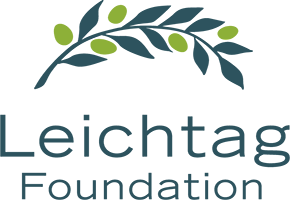



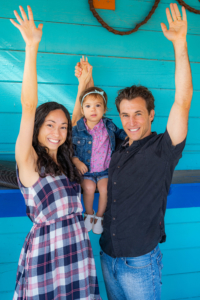
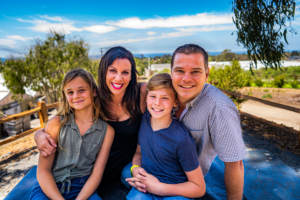
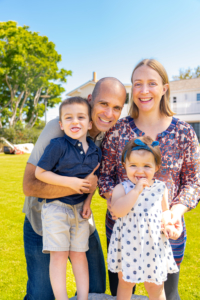 Stacie and Jeff Cook understand commitment. They live it.
Stacie and Jeff Cook understand commitment. They live it.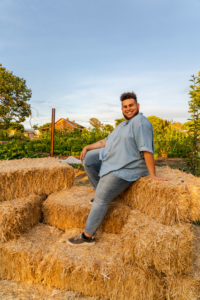 Black, Jewish and Queer. These three identities weave the fabric of who I am, but it took a long time to believe that they could exist together.
Black, Jewish and Queer. These three identities weave the fabric of who I am, but it took a long time to believe that they could exist together.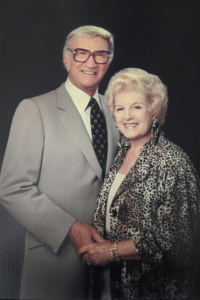 Lee and Toni Leichtag established the Leichtag Foundation in 1991 following the sale of their business. Lee and Toni were lifelong entrepreneurs with a passion for innovation and for supporting talent. They believed that only with big risk comes big reward. Both born to families in poverty, Toni to a single mother, they strongly believed in helping those most in need and most vulnerable in our community. While they supported many causes, their strongest support was for young children and the elderly, two demographics who particularly lack voice in our society.
Lee and Toni Leichtag established the Leichtag Foundation in 1991 following the sale of their business. Lee and Toni were lifelong entrepreneurs with a passion for innovation and for supporting talent. They believed that only with big risk comes big reward. Both born to families in poverty, Toni to a single mother, they strongly believed in helping those most in need and most vulnerable in our community. While they supported many causes, their strongest support was for young children and the elderly, two demographics who particularly lack voice in our society. Lifelong Baltimoreans, Rabbi George and Alison Wielechowski and their sons, 11-year-old Lennon and 9-year-old Gideon, are more than pursuing the good life in Southern California. Having moved to San Diego more than three years ago, they are fulfilling a lifelong dream.
Lifelong Baltimoreans, Rabbi George and Alison Wielechowski and their sons, 11-year-old Lennon and 9-year-old Gideon, are more than pursuing the good life in Southern California. Having moved to San Diego more than three years ago, they are fulfilling a lifelong dream.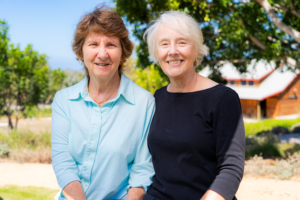
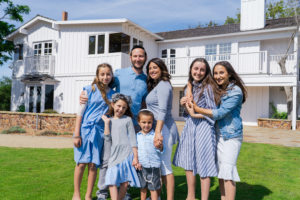
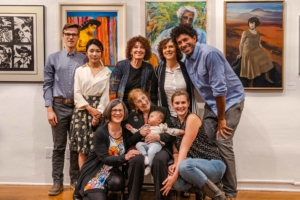
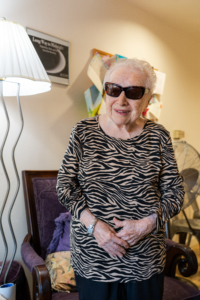
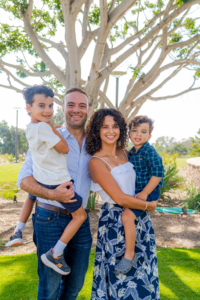
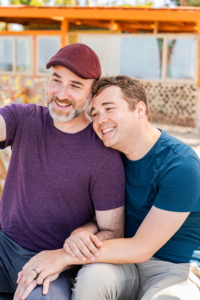
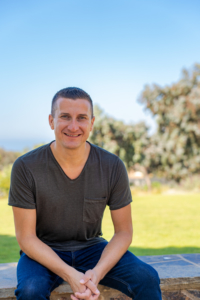 You would think that as the executive director of San Diego LGBT Pride, Fernando Zweifach López Jr., who uses the pronoun they, has done all the coming out they possibly can. A queer, non-binary individual who has worked for many years on civil rights issues, López also speaks openly and often about their father’s family, Mexican-American migrant workers who tilled the fields of rural California.
You would think that as the executive director of San Diego LGBT Pride, Fernando Zweifach López Jr., who uses the pronoun they, has done all the coming out they possibly can. A queer, non-binary individual who has worked for many years on civil rights issues, López also speaks openly and often about their father’s family, Mexican-American migrant workers who tilled the fields of rural California.